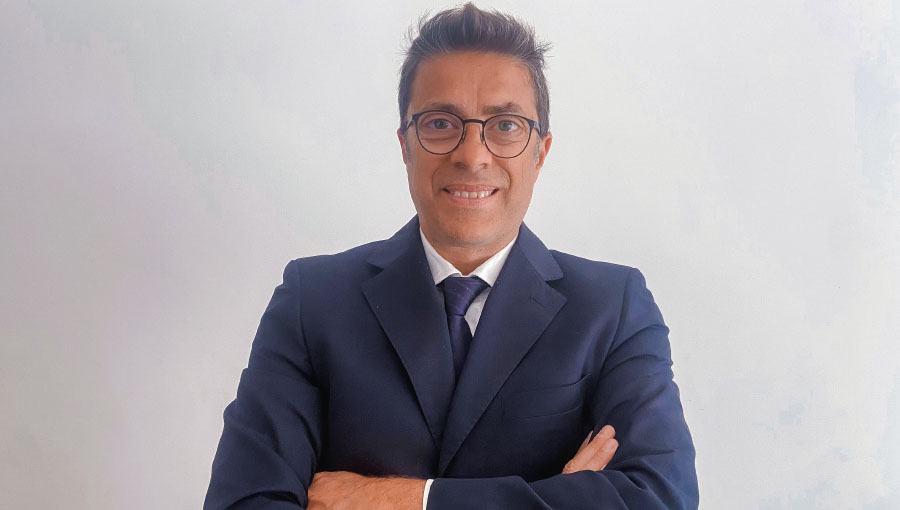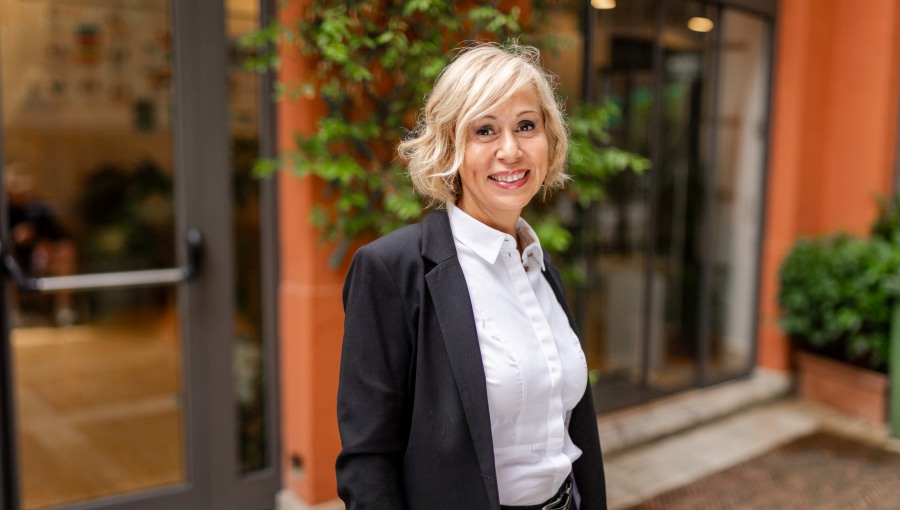The Science of Creativity: Professor Carola Salvi
Professor Carola Salvi received her Ph.D. in Cognitive Neuroscience from the University of Milano – Bicocca. She then went on to complete a postdoctoral research fellowship at Northwestern University in Chicago. Professor Salvi is currently a Research Affiliate at the Department of Psychiatry and Behavioral Science at the University of Texas at Austin, as well as a visiting professor at John Cabot University, where she teaches Science of Creativity and Introduction to Neuroscience.

Carola Salvi
How did you become passionate about psychology?
My passion for psychology began after middle school when I was selected for a secondary school program that focused on psychology, sociology, philosophy, and pedagogy. While at school at the University of Milano-Bicocca and Northwestern University my interest grew. While I was studying for my doctorate, I focused on the cognitive neuroscience of creativity. I worked with traumatic brain injury and stroke patients, and I gained a lot of experience and training in this field.
What are your main research interests?
My research aims to understand the cognitive and neural functioning of problem solving. I look at a variety of things, like the sensory system, the dopamine system, and the involvement of the right temporal lobe, to understand the process the brain goes through when it solves a problem. More specifically, when there is the emergence of a new idea as a sudden insight, or what I like to call the Aha! moment.
You started teaching at JCU in Fall 2022. What is your impression so far?
I have found a very welcoming and inclusive community. I feel supported by the faculty in both my teaching and research work. Although the Psychological and Social Sciences Department was created only recently, I am excited to bring my expertise, as well as learn from and work alongside the professors to help it grow.
What is your teaching philosophy?
As a professor I try to be someone I wish I had met early in life. I want to be a mentor to my students by passing on what I have learned as well as my love and passion for knowledge. I also want to create an environment that promotes equality and inclusivity.
Tell us about your latest publication “Insight problem solving ability predicts reduced susceptibility to fake news, bullshit, and overclaiming.”
This article is based on my research into the correlation between a person’s insightfulness and their susceptibility to fake news. We looked at native speakers of American English and had them solve a series of problems that would require the use of their insightfulness. We then had them look at several news articles, half of them being fake, and asked them whether they were real news articles or not. What we found is that those who scored higher on our measure of insightfulness were better at detecting fake news. We also found that being insightful and being able to detect fake news is related to the amount of time and effort the person is willing to put into it.
You’re also an artist and painter. Tell us about your work and your participation in the Battered Women and Children’s Shelter 2022 art exhibit.
During the pandemic I volunteered with the SAFE Alliance organization, which supports women in the Austin, Texas community who had experienced sexual and domestic violence. Unfortunately, because of restrictions caused by Covid-19 I couldn’t be as active as I had wished. As a way to help this organization from home, I started spending my time collecting art material in the hope of hosting a fundraising exhibit. I reached out to several artists asking them to embrace the cause and donate their art, and this is how “The Power of the Other Hand” was born. One year later, in 2022, we hosted an exhibit at the Witte Museum in San Antonio, to raise money for the Battered Women and Children’s Shelter.





